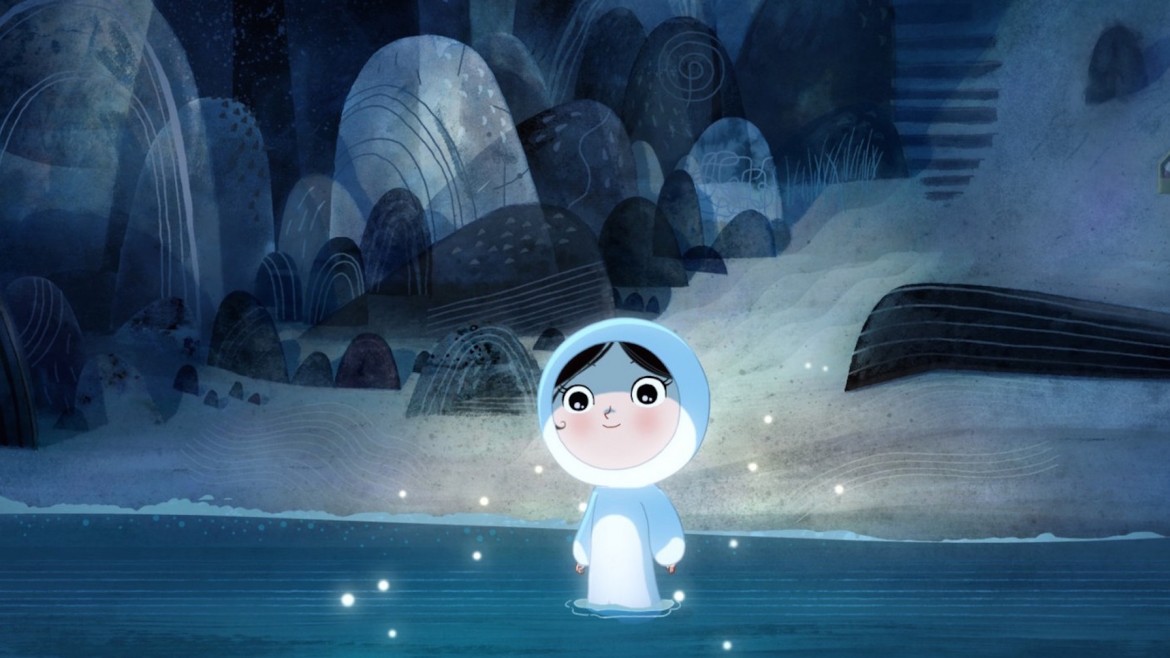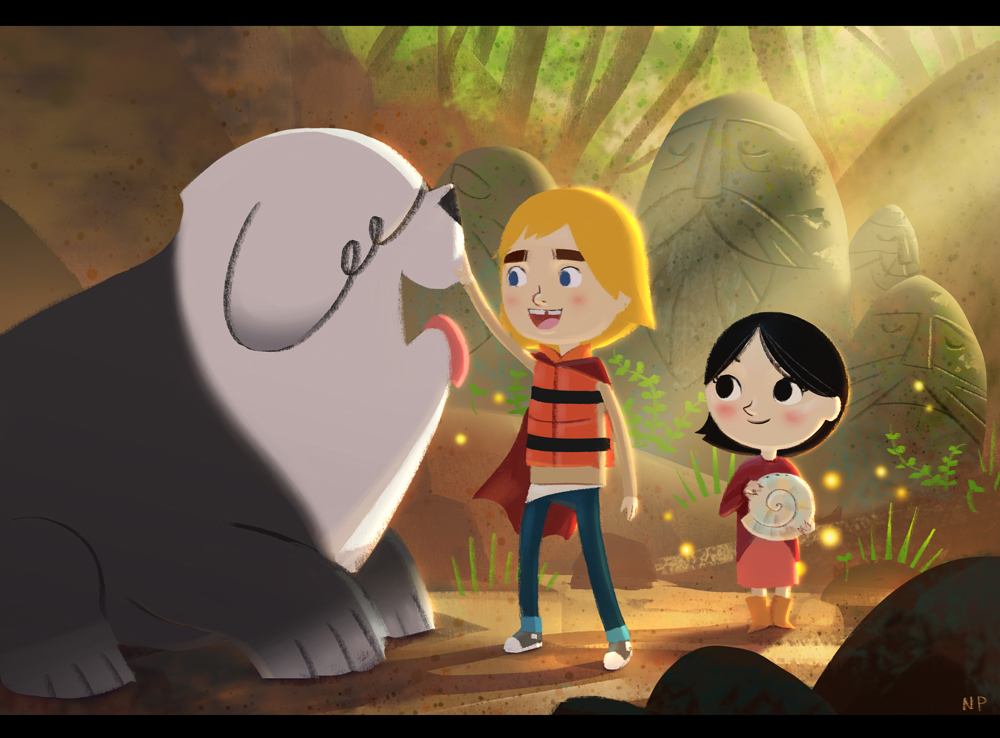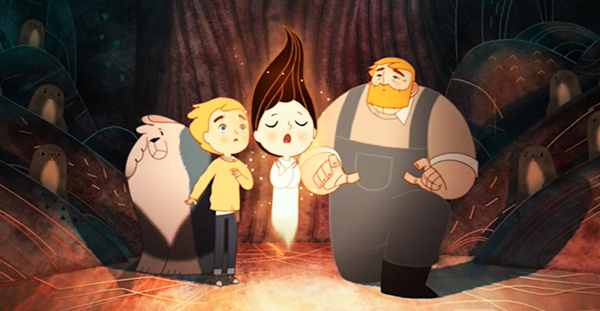What makes a film forgettable? There have been two occasions in recent memory where both my husband and I sat down to watch a film we hadn't yet seen...only to realise part way through that we had actually seen the film before.
The first film was Avengers: Age of Ultron. As a general rule, we enjoy Marvel films, although we haven't seen all of them and we haven't watched them in date order - admittedly, this may be part of the problem. We saw the original Avengers film in the cinema, and really enjoyed it, but missed Age of Ultron in the cinema. Recently, it appeared on Netflix and we decided to sit down and watch it one Saturday evening.
We recognised The Scarlet Witch and Quicksilver, but were convinced we had been introduced to these characters in a previous film. It wasn't until someone lost an arm that we both twigged that this was not our first viewing, although we carried on watching as we still couldn't remember the plot.
The second film was Star Trek: Beyond. Again, it appeared on Netflix and we sat down to watch it last Saturday. We realised a little sooner this time - as soon as the crew landed at Yorktown - that we had seen it before, although again we couldn't remember any of the plot and continued to watch it anyway.
But this prompted a conversation - what was it about these films that meant neither of us remembered that we'd seen them already. Neither film was bad, in fact a bad film (or a film that is disliked anyway) sticks in the brain somewhat. I vividly remember the entire plot to Dogville, a film I feel I wasted three hours of my life on. So what makes a film forgettable?
| I googled 'asleep in front of a film' and this was one of the top hits...I'm a bit scared to ask why. |
There are some similarities between the two films I've named. Both are from larger franchises, and neither was the first in its series. The first of the series may be new, fresh, different. The subsequent films may...fade into the background a little. When we thought about it, we realised neither of us could really recall much about Star Trek: Into Darkness either, apart from the fact that Benedict Cumberbatch was in it. Neither could we recall many details about The Matrix Reloaded.
I don't think this is simply because they are films from a series, as in a strong series, each film is memorable in its own right. For example each Toy Story film (those so far anyway) is very memorable. My husband argued that an animated film was perhaps more memorable, simply because animated styles tended to differ more between films than live action can - confusion with 'similar' films is therefore less likely. However the Indiana Jones films, and those in the Back to the Future series are also all memorable - the second film in each of these series is perhaps the weakest, but the plot of the film is not forgotten, even after only one viewing.
Are the forgettable films too formulaic? Are they too dictated by what viewers enjoyed about the other films - 'this bit worked so let's do it again'? Although I can't remember much about the plot of The Matrix Reloaded, I do remember the fuss about the car chase, built from the audience reaction to the lobby scene in the first Matrix. When it finally came out in the cinema, the scene was visually quite stunning, but the film itself fell flat.
The Marvel universe has been around for a very long time, although its main success in the film industry is relatively recent. Although the films are based on the various comic book series (and admittedly I don't know enough about these series to know how true the films are to their originals), it appears to me that their films are perhaps suffering from the same issue. Audiences like the big battle scenes, the camera panning from one character to another, so that's what we get. In every film. So they all start to merge into one another until we can't distinguish between them. It's difficult to create a freshness in a film that's been done before. Having said this, I haven't seen them all (no spoilers for Infinity War please!), so perhaps there are some that stand out more than others that aren't the first of their series. If so, I assume they have broken this formula perhaps a bit more than the rest.
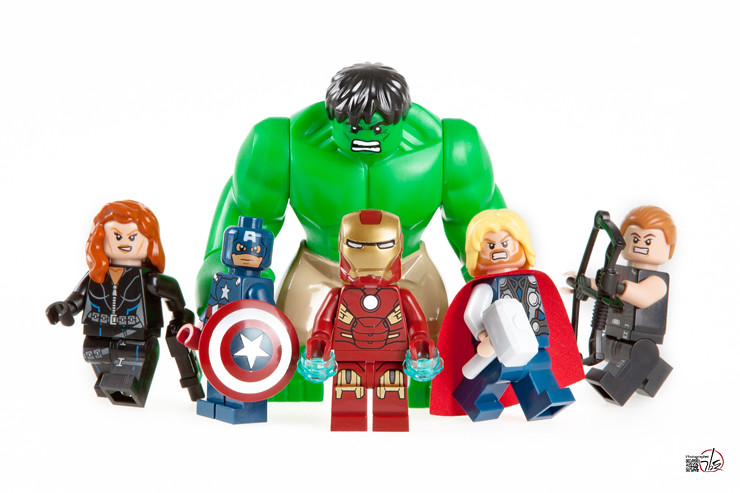 |
| Which film is this scene from? I bet you can't tell. |
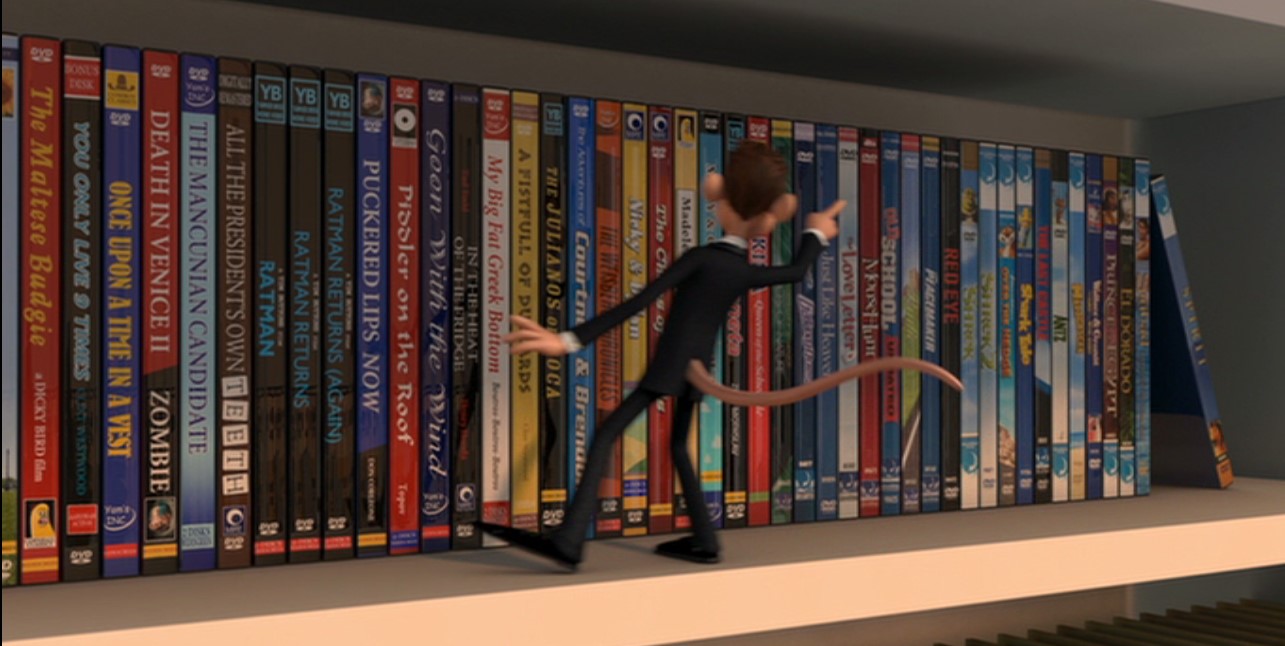

_poster.jpg)
